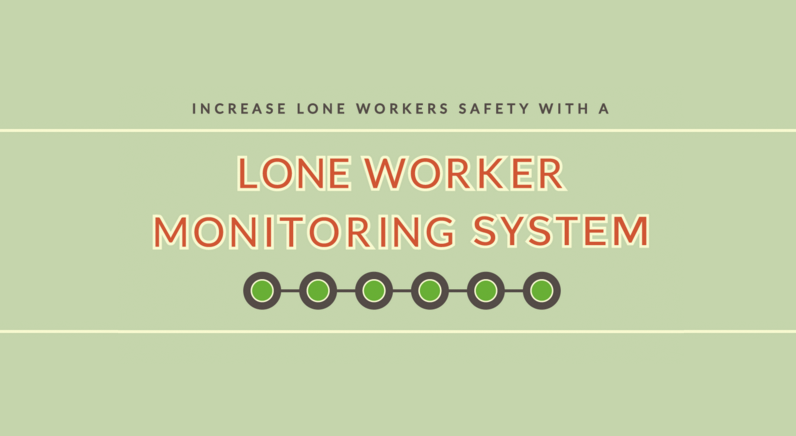 The much-publicised Welfare Reform Bill, which will begin coming into effect in April 2013, will radically alter the benefits system. For Housing Associations and Social Landlords, whose income comes primarily from rent, which in turn is dependent upon Housing Benefit, these changes will mean a total re-evaluation of their procedures in how they support, communicate with and set financial agreements with their customers.
The much-publicised Welfare Reform Bill, which will begin coming into effect in April 2013, will radically alter the benefits system. For Housing Associations and Social Landlords, whose income comes primarily from rent, which in turn is dependent upon Housing Benefit, these changes will mean a total re-evaluation of their procedures in how they support, communicate with and set financial agreements with their customers.
Despite not yet being fully introduced, The Universal Credit system has already altered how Social Landlords have been operating and planning to provide services – many for at least the last 18 months. The key change from both a landlord and tenant’s perspective is the creation of direct payments. Previously many Social Landlords would take receipt of rent payments at source via a customer’s Housing Benefit. It will now be a requirement for a benefit recipient to be paid directly so they can in turn pay their social landlord. Clearly this will not cause a problem for everyone; however any tenant will now be required to budget effectively in order to continue a smooth system and relationship between provider and customer. It has been well publicised that central to these changes are fears of an increase in arrears, for many Social Landlords, leading to a rise in the pressures placed on landlord-tenant relationships.
Our attendance as an exhibitor at a leading housing sector trade show in mid-2012, confirmed that many Housing Associations were then already into a process of recruiting extra staff in the build-up to Welfare Reform – primarily for support and liaison staff, but also for collection services. The employment of more personnel to handle rent arrears and evictions will unavoidably mean more employees working alone. This in turn brings additional pressure on Housing Associations and Social Landlords to implement a lone worker policy.
A further consideration, central to Welfare Reform, is relating to new government measures to reduce under-occupation across social housing. The term ‘Bedroom Tax’ – essentially a charge on tenants in social-landlord owned properties not deemed to be fully utilised – has now entered the general public’s lexicon and further complicates the job of the Housing Association or Social Landlord for several reasons. Firstly, it increases the requirement for clear and effectively phased communications around the changes in order to reassure tenants that the necessary procedures and support services have been established.
Secondly, it represents a separate tier of change that the housing customer needs to comprehend. The perception within the housing sector is that enforced governmental change has simply been left to landlords to communicate and therefore it is they who bear the brunt of dissatisfaction from tenants. In December 2012 an anonymously written ‘Inside Housing’ article entitled ‘Bearers of Bad Tidings’ by a Housing Officer was the first article I’d seen that fully linked the potential behind Welfare Reform with risk to the frontline worker.
Whether you think such articles are contributing to a ‘them and us’ attitude between landlord and tenant or not, it is undeniable that risks to lone workers remain – and not always from the individual(s) they are visiting. In 2011 alone, Inside Housing reported 2480 instances of verbal abuse (an offence that continues to be under-reported) and 483 physical assaults on personnel working in Social Housing. The same year, Community Care recorded 17,218 instances of verbal abuse, harassment or violence against staff working for Local Authorities. The latter statistic, and indeed the problem of violence towards staff, is not exclusive to Social Housing, however there is undoubtedly no room for complacency.

In January, an Ipsos Mori study, carried out on behalf of The National Housing Federation (NHF) involving the profiling of 232 Housing Associations, found that on average Rent Arrears were expected to rise by 51% – that would equate to an increase of £245 million if applied across the entire sector. The same survey suggested nearly 60% of responding Housing Associations were concerned that despite many landlord’s best efforts, tenants did not know enough about the upcoming changes.
Housing Association and Social Landlord personnel charged with managing rent arrears are anticipating that the problems they currently encounter will substantially increase. This will inevitably cause friction and greater risk for Debt Recovery Officers who often work alone.
It stands to reason that when people are placed under pressure, some can act out of character – resulting in the increased friction and conflict across the Tenant-Landlord relationship. This could lead to increases in stress, instances of verbal abuse and potentially physical abuse directed at lone workers and customers.
The impact of fractured relationships can be far reaching. Costs to replace staff suffering stress or illness, either temporarily or permanently, are a significant drain on resources. In addition there can be the added cost of management time involved in such incidents as well as the threat of private litigation. At the other end of the spectrum, 2012 saw the opening of 63 new Corporate Manslaughter cases in the U.K. – the implications to individuals and organisations involved in such cases are clearly enormous.
On a positive note, changes are forcing innovation in how landlords engage with stakeholders. In February 2013 Merlin Housing Society held a networking event for tenants – the concept being a speed-dating event for house swapping. Tenants wishing to avoid under-occupation charges met with other tenants requiring extra accommodation. Whilst the event was purely regional, it could be rolled out and potentially adopted by other Housing Associations.
My hope for Welfare Reform is genuinely one of smooth transition. What is clear, however, is that the changes will put greater pressure on Social Landlords to communicate effectively with customers and at the same time will require Landlords to make greater provision for lone working, frontline staff.
By Craig Swallow, Managing Director of Connexion2




















